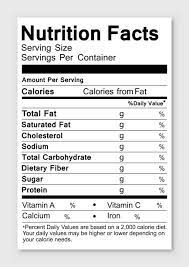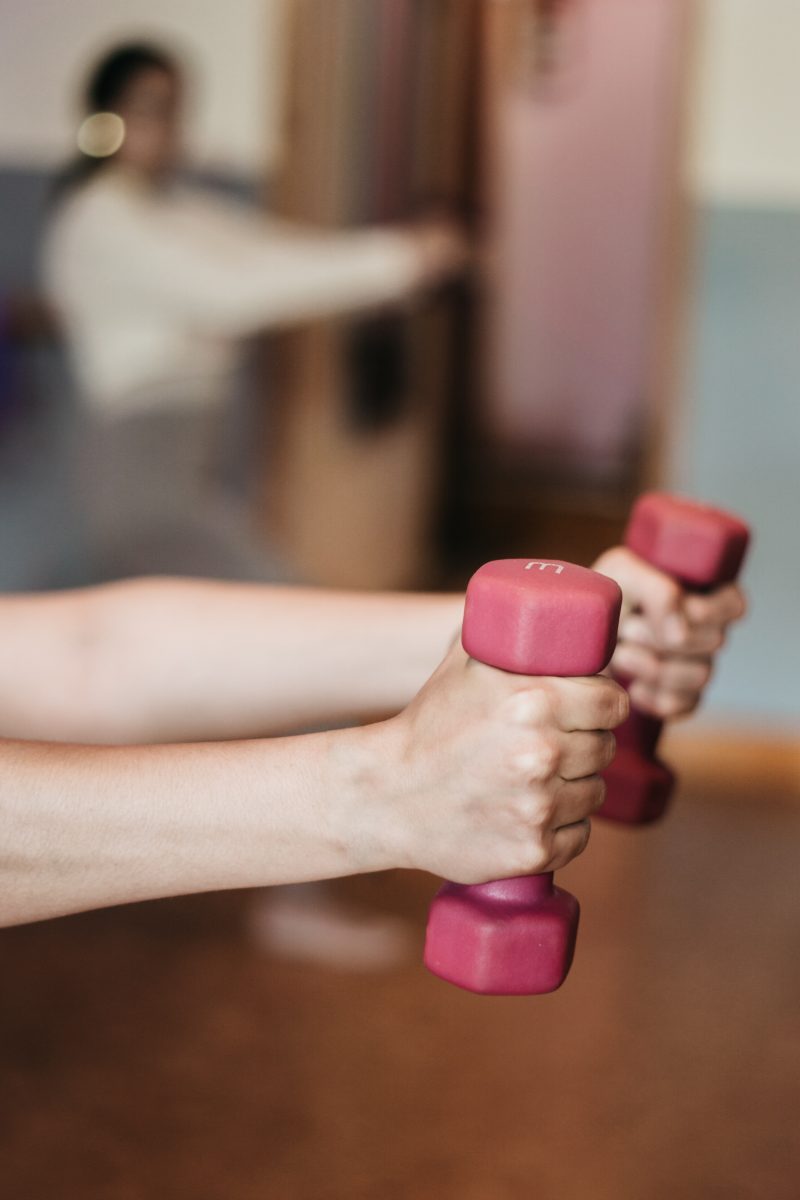by Ryan Jennings

Although it’s a very rewarding and beneficial habit to pick up, staying healthy can sometimes be a difficult habit for college students. Between taking classes, possibly working a full-time minimum wage job and juggling the intricate responsibilities of home life, college students may not have a whole lot of time, money, or access to healthy resources to help them. For many college students, being healthy on a budget can seem like a lofty goal, but according to local experts it is a lot easier to achieve than some would think
According to recent Kinesiology graduate Trevor Kane, diet may be the key factor in deciding the outcome of one’s health.
“Diets are extremely important,” says Kane. “If you are looking at it in the sense of losing weight then working out makes up about 10 percent of (lost weight) and your diet makes up the other 90 percent.”
Even though diet is essential in establishing good health, it is actually more expensive to eat healthy. According to this story from Vox, healthy produce like fruits and vegetables cost more than unhealthier options due to naturally being more expensive to farm. In some cases, by nearly $2 more than average.
So what’s the key to eating healthy on a budget?
Kane suggests that the key may be in looking at specific ingredients and recording your caloric intake.
“You really want to look on those ingredient labels how much and what type of fat is in the product. Trans fat, which is unfortunately heavy in fried and baked foods, is definitely the worst for you,” says Kane. “Caloric intake is actually much less generalized. It depends on things like your size, age, and biological gender. In general, if you want to lose weight then you need to limit your calories in a reasonable manner.”

Kane also stressed that it is always best to talk with your nutritionist or doctor if you want to drastically reduce your calories in an effort to lose weight, as doing so could be dangerous. In an effort to promote healthy caloric loss, Kane suggests using a calorie calculator online or through an app to estimate your personal caloric goals.
So what about exercise? According to the Scott Haines, the Director of Campus Recreation at SUNY Brockport, exercise is an easier monster to tackle.
“You don’t need to be a D1 recruit in order to exercise. Anyone could do it,” says Haines. “A lot of it comes down to motivation and how you use your free time. Even just dedicating 30 minutes a day to doing simple exercises can have a huge effect.”
Haines also stresses that many colleges offer an open gym and recreational sporting events for students to stay active.

Simple exercises, like the ones from this healthline guide, can be enough to get your basic physical needs met. However, a person’s physical needs may not be the first improvement they notice a difference in.
According to Health Science Professor Thomas Golaszewski, who teaches at SUNY Brockport, there are multiple neurological benefits that exercise gives us, some of which college students may find particularly helpful.
“Exercise has been proven to improve brain neuroplasticity and memory function,” says Golaszewski. “You may also notice your mental state, confidence, and ability to focus all gain a boost. I’ve even personally noticed that when I was stuck on figuring something out, doing a quick workout and coming back to it often cleared my head.”
As the COVID-19 Pandemic solemnly continues, the emphasis and reflection on health has never been greater. Positive reinforcement of healthy choices and lifestyles for college students may just be the biggest factor in returning back to normalcy post-COVID.























